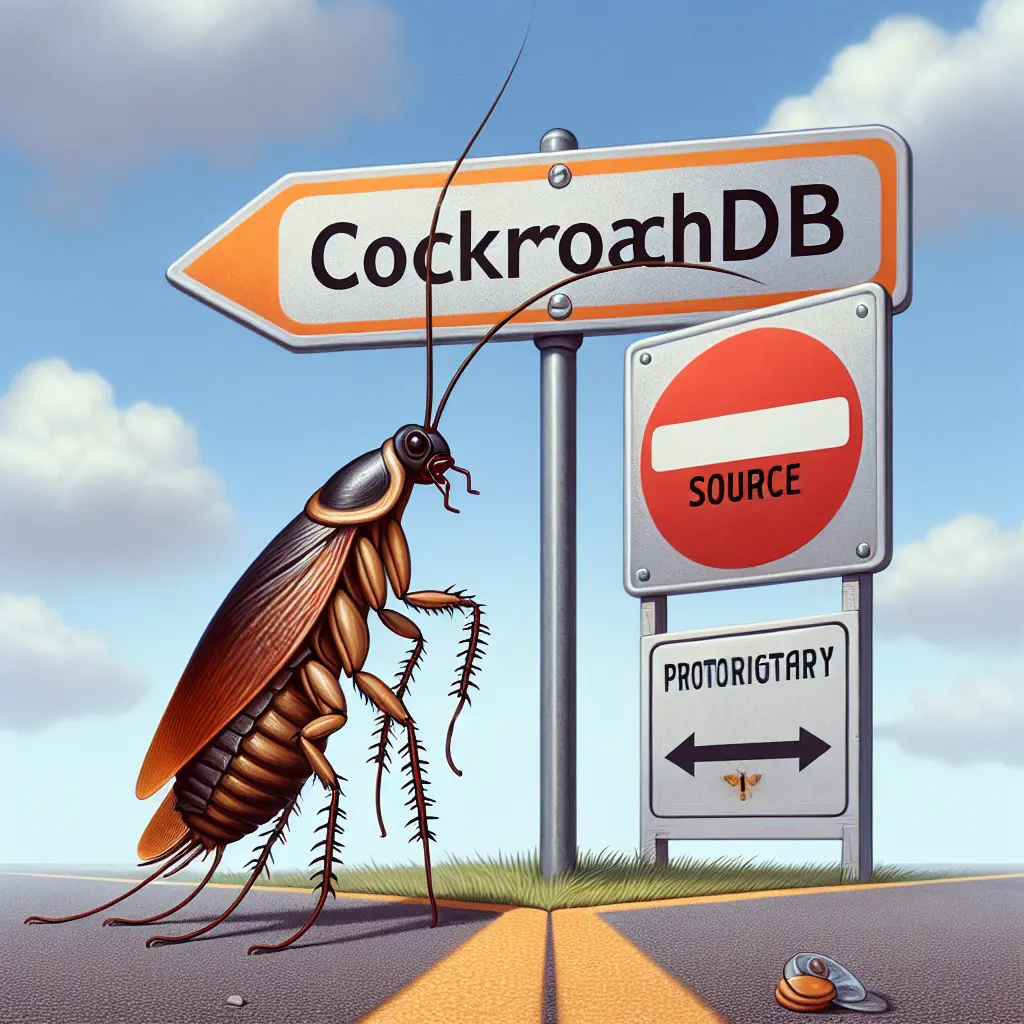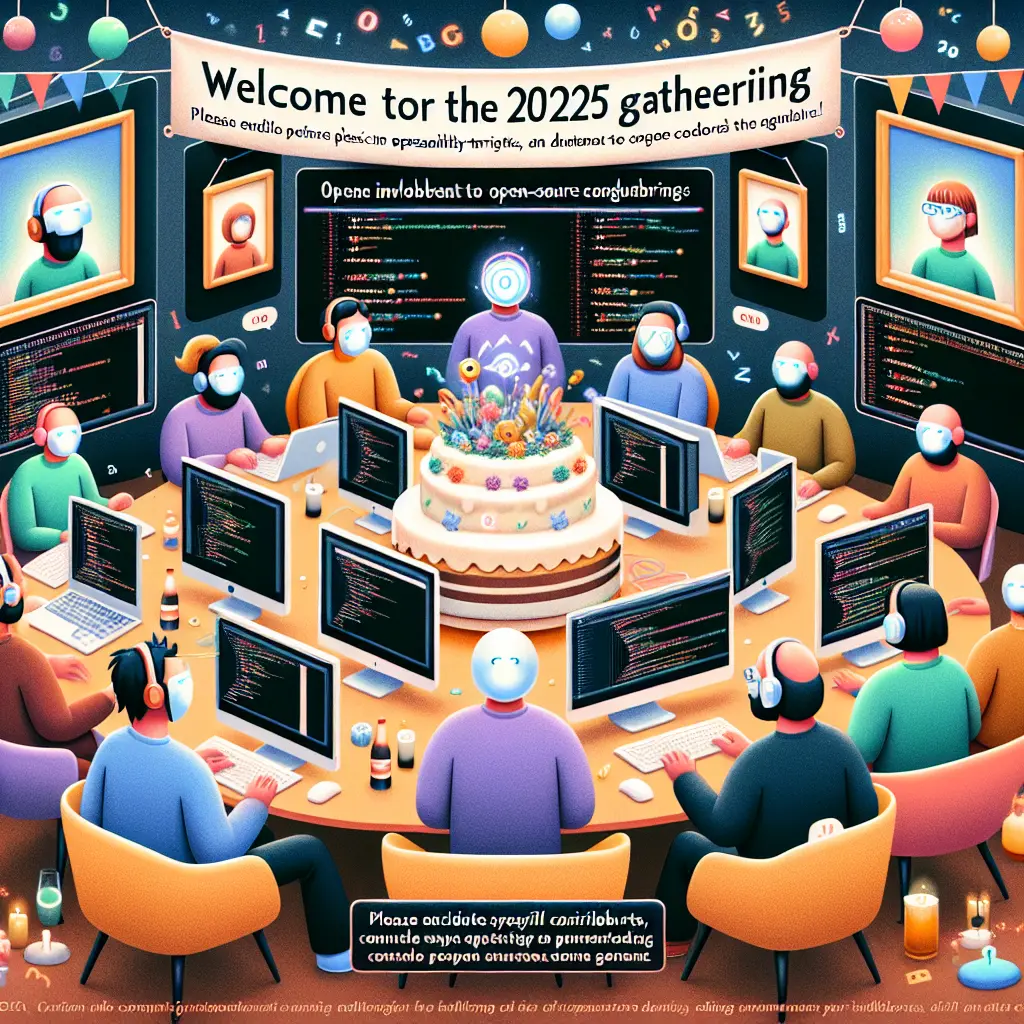In the fast-paced world of technology, security is a top priority, especially when it comes to open-source software projects like Linux. If you've ever been alarmed by hearing about the sheer number of Common Vulnerabilities and Exposures (CVEs) released each week for Linux, you're not alone. However, there's no need to panic—this is all part of the robust security process that keeps Linux running smoothly and securely.
When Greg Kroah-Hartman, maintainer of the Linux stable kernel, mentioned at the Open Source Summit China that the Linux security team deals with an average of 60 CVE bulletins a week, it raised eyebrows. At first glance, this figure might seem daunting. But in reality, it's a testament to Linux's proactive approach to security.
Rapid Response and Patching: Unlike proprietary software, where vulnerabilities might remain undiscovered or unaddressed for extended periods, the open-source community identifies and fixes issues quickly. This constant flow of CVE bulletins reflects a healthy and active security protocol, rather than a sign of weakness.
Transparency and Trust: Open source relies heavily on transparency. When vulnerabilities are discovered, they are disclosed publicly, which fosters trust within the community. Users can see what's being fixed and how, ensuring that there are no hidden surprises.
Community Vigilance: With thousands of developers and contributors worldwide, the Linux ecosystem benefits from continuous scrutiny. The more eyes there are on the code, the higher the chance of spotting potential vulnerabilities early on.
Why Open Source Software Projects Are Resilient
Linux is a cornerstone of many open-source software projects, serving as a shining example of how open-source communities manage security effectively.
Collaborative Development: Developers from around the globe contribute to the improvement and security of the software. This collaboration leads to more robust and secure code.
Regular Updates and Support: Open source projects often have regular update cycles and long-term support plans, ensuring that even older versions remain secure.
User Empowerment: Users are not just passive recipients but active participants in the ecosystem. They have the freedom to modify and enhance software to fit their security needs.
Staying Secure in an Open Source World
For those relying on open-source software like Linux, it's crucial to stay informed and proactive about security:
Keep Systems Updated: Regularly apply patches and updates as they become available.
Engage with the Community: Participate in forums and mailing lists to stay updated on security discussions.
Contribute Back: If you're capable, contribute to bug reports or code improvements.
The world of open source thrives on transparency, community involvement, and rapid innovation. While the number of CVE bulletins might initially seem overwhelming, they signify an active commitment to security—a hallmark of robust open-source software projects like Linux. By understanding this dynamic, users can appreciate the rigorous processes that keep their systems secure and reliable.









Leave a Comment